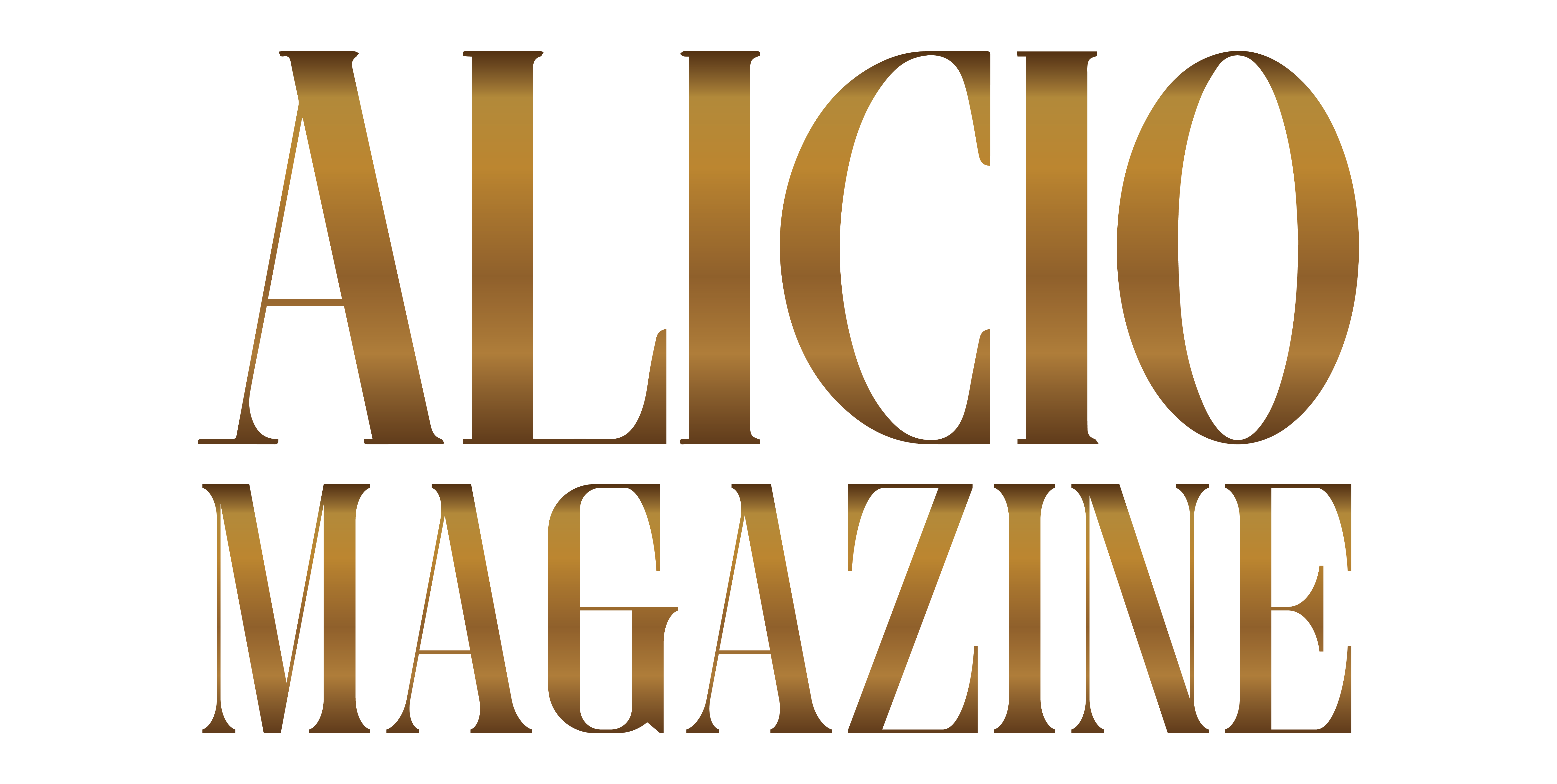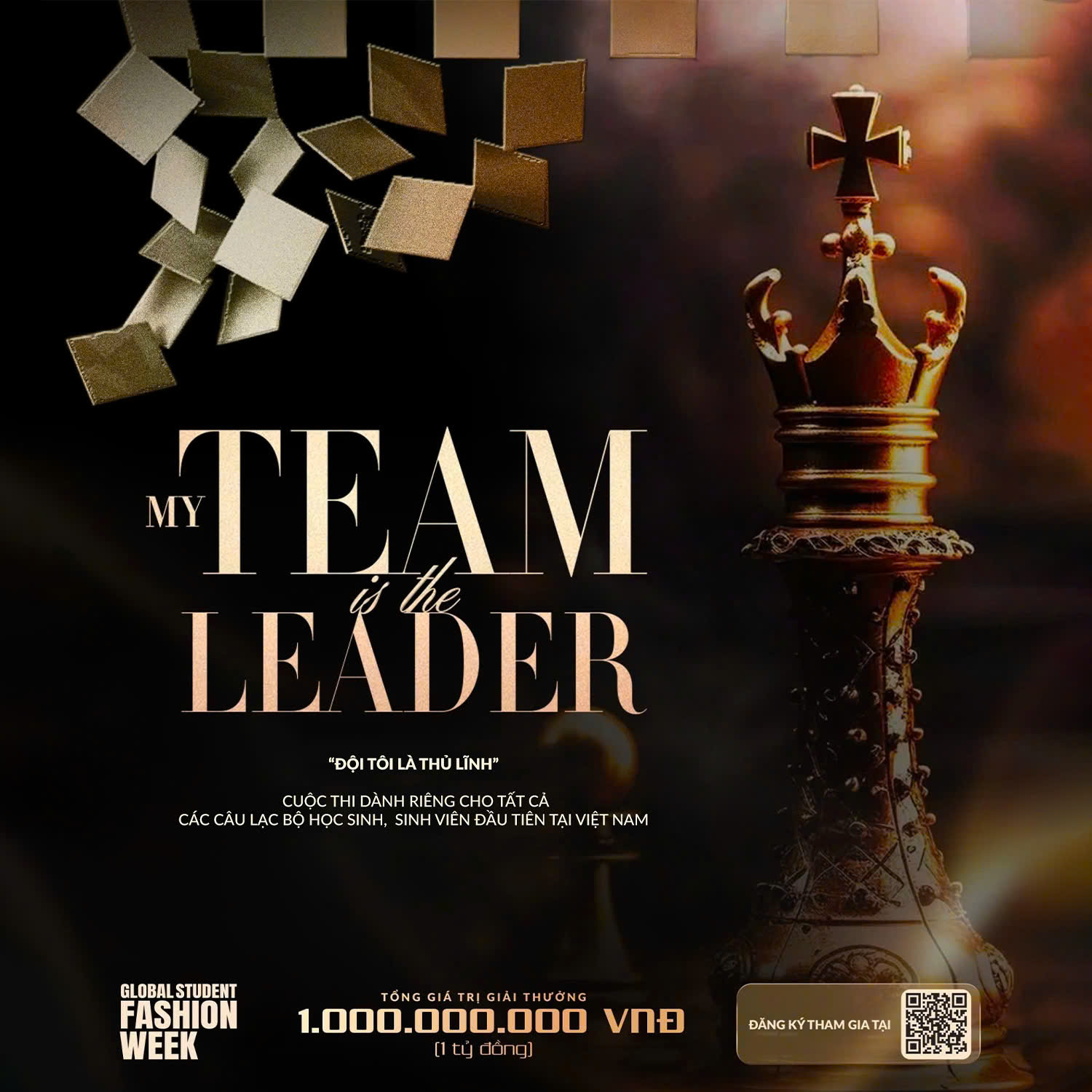Not too long ago, if you asked Derek Deng, 22, to describe millennials, the Gen Z term “cheugy” — outdated or uncool — may have come to mind.
But in recent months, the Brooklyn resident said he’s been overcome by a different emotion when thinking about the generation that came before him: nostalgia.
“That millennial era of like, BuzzFeed quizzes and … mustaches, nerdcore and … hipsters, is very much, like, delightfully cringe, but in a very wholesome way,” said Deng, whose video about his love of millennial culture on TikTok was viewed thousands of times on TikTok.
Many Gen Zers — typically defined as those ages 12-27 — have expressed similar feelings of longing for the era they never got to experience as adults. Across TikTok, hundreds of people have posted videos celebrating things that are typically associated with millennial culture, including Tumblr, skinny jeans, upbeat music, Barack Obama and, maybe most prominently, HBO’s TV series “Girls.”
Of course, Gen Zers are not the first generation — nor will they be the last — to romanticize the lifestyle of a different era. But Pamela Aronson, a professor of sociology at University of Michigan-Dearborn, said this recent surge of nostalgia from Gen Zers has likely been fueled by the uncertainty and volatility of the current climate.
Today’s young adults are entering adulthood with unique challenges, Aronson said. While millennials came of age during a recession, the professor said she worries about the implications of Gen Z stepping into their adult years amid a pandemic that stifled natural interactions and led into an era of more turbulent social and political discourse.
In taking comfort in millennial culture, Gen Zers are “sort of looking back at a time when, you know, it’s perceived that things were more stable,” Aronson said.
Christian Guarin, 22, described the 2010s as a more “hopeful time,” which he partially attributed to the country electing and re-electing its first Black president.
It feels like “at the turn of every decade, there’s, like, a renewed sense of optimism towards what this new decade could be and what it could hold,” said Guarin, who works as a barista in Orange County, California.
“There was kind of the sense that we’re really moving towards progress,” he added.
Even music during the 2010s felt like more of a pick-me-up, according to Guarin, who said he enjoys listening to artists like Katy Perry and Walk the Moon, acts whose peak albums topped charts between 2012 and 2014.
Resurfacing popular jams from that time has almost become its own trend online, part of the larger “millennial-coded” content genre. In February, comedian and internet personality Kyle Gordon released a parody song on TikTok titled “We Will Never Die,” which is reminiscent of catchy songs from the mid-2010s like Fun’s “We Are Young.” Gordon’s audio has since been used in videos by thousands of millennials who have also posted nostalgic throwback videos.
Still, a general sense of happiness has dwindled among Gen Zers, especially after the pandemic upended a critical time in their young adulthood.
“About three quarters (73%) of Gen Z describe themselves as very happy or somewhat happy,” according to a 2024 report published by Gallup and the Walton Family Foundation. “However, this percentage declines significantly as Gen Z reaches adulthood, alongside many of the factors that coincide with happiness.”
Of those surveyed by Gallup and the Walton Family Foundation, “overall nearly half of Gen Z report often (30%) or always (17%) feeling anxious, and about one in four report they are often (15%) or always (7%) depressed,” according to their report. “These mental health challenges are especially pronounced among Gen Z adults.”
Many Zoomers also have lamented the lack of clubbing culture, noting that they feel like they aren’t socializing enough or taking advantage of being in their 20s.



